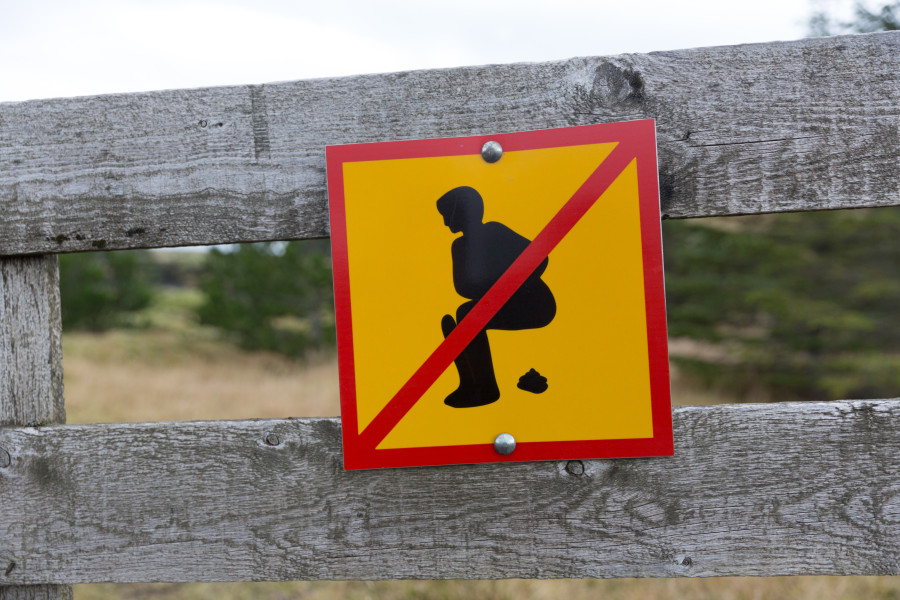Editorial
Out in the open
Constructing toilets alone won’t solve open defecation issues
Access to toilets and basic sanitation systems had revolutionised living environments in the developed world. Along with improving that, it also reduced the burden of diarrhoeal diseases. But in many developing countries, the practice of open defecation is still prevalent and Nepal is no exception. So far, a total of 63 districts have been declared open defecation-free zones since the government launched the campaign 15 years ago. But there is no room for complacency and many districts like Kathmandu, along with Kapilvastu, Parsa, Bara, Sarlahi, Mahottari, Dhanusha, Morang, Sindhupalchok, Kavrepalanchok, Dhading, Bhojpur, Solukhumbu and Dolakaha have yet to achieve the open defecation-free zone status. Despite efforts to raise awareness about health and sanitation practices, a considerable part of the population still do their business out in the open.
In fact, on Sunday, Birgung Metropolitan City—the headquarters of Parsa district extended its deadline to declare the city an ‘open defecation free zone’ to June 30, 2019. A campaign to turn the city into an ‘Open Defecation Free Area’ was launched five years ago with a target to construct toilets in every city household by 2018. There are a total of 39,123 households in the metropolis; among them, more than 700 households in Chhapkaiya, Bhediyahi, Bindabasini, Ramgadwa, Sirsiya, and Udayapur settlements do not have toilets.
According to the Drinking Water and Sanitation Division Office, following the establishment of federalism in the country, local units are responsible for making their areas an ODF zone. The elected local representatives too had pledged to declare their area an ODF zone, but it seems they have failed to work towards that goal. The common perception is that building toilets will be enough to solve the problems of open defecation. While this step is important and does make a difference, to truly make the country ODF, the focus should be on increasing civic sense and bringing about behavioural changes. What’s more, the issue should be looked at from a larger perspective of hygiene and sanitation of which water supply is a major part. Merely building toilets will do little to solve the problem if the government fails to ensure that there is proper water supply in every household.
Perhaps taking a leaf out of Bangladesh’s efforts to eradicate the problem could work for us too. Community Led Total Sanitation (CLTS) is a methodology which believes that building toilets do not guarantee its use. CLTS is centred around bringing around behavioural changes by raising awareness and mobilising communities to create open defecation-free villages by promoting their desire for collective change. As CLTS encourages mutual support and appropriate local solutions, it leads to greater ownership and sustainability as locals are facilitated to conduct their own appraisal and analysis of open defecation and take their own actions to become ODF.
We are living in the 21st century, with the humankind making unimaginable progress in science and technology while here at home, we are still plagued by issues of open defecation and sanitation. Therefore, it’s high time we bring about that change in ourselves and answer nature’s call where it is meant to be answered instead of creeping around jungles.




 11.01°C Kathmandu
11.01°C Kathmandu














